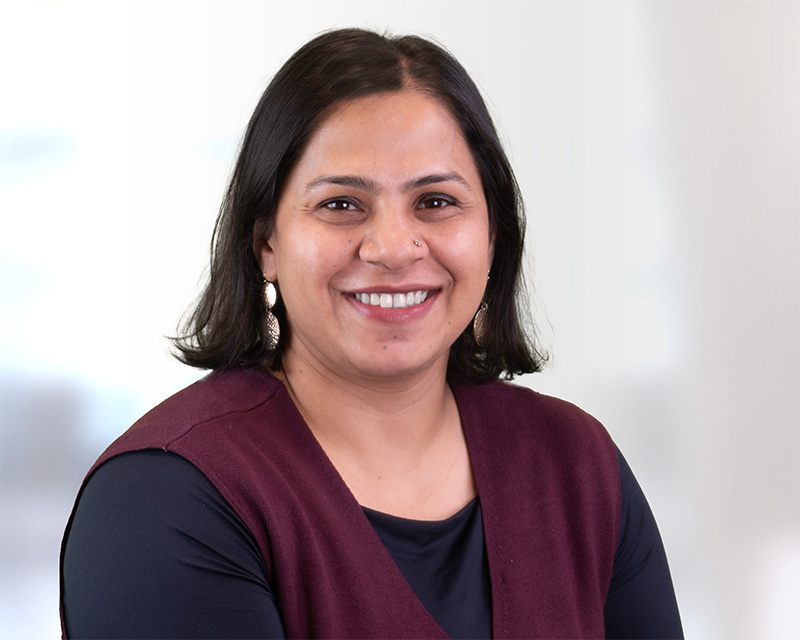June 16, 2015, Washington, D.C.—Bad weather in Africa south of the Sahara increases the spread of HIV, according to a study published in the June 2015 issue of the Economic Journal. When the rains fail, farmers in rural areas often see their incomes fall dramatically and will try to make up for it however they can, including through sex work. Analyzing data on more than 200,000 individuals across 19 African countries, the research team finds that by changing sexual behavior, a year of very low rainfall can increase local infection rates by more than 10%.
The results have important policy implications for fighting the spread of the epidemic, said co-author Erick Gong, an assistant professor of economics at Middlebury College.
“Existing approaches to stopping the spread of HIV—such as promoting condom use and the use of anti-retrovirals—remain critically important,” he said. “But our results suggest that other policy approaches could be very useful too—in particular, approaches that provide safety nets to rural households when the weather turns bad.”
Policies and investments seemingly unrelated to HIV—such as the promotion of rural insurance or household savings schemes, or the development of drought-tolerant crops—might have surprising benefits in slowing the HIV epidemic. Co-author Kelly Jones, research fellow at the International Food Policy Research Institute said the HIV epidemic remains “one of the world’s greatest health challenges, with over a million new infections per year in Africa alone.”
“Our results expand the menu of options for addressing the epidemic, and highlight some surprising options that are not at the forefront of people’s minds,” she added.
The research sheds valuable light on why HIV continues to spread in Africa. Previous studies have documented in limited settings that poor women often alter their sexual behavior in response to an income shortfall. But until now, there has been little evidence that this response is big enough to affect the trajectory of the HIV epidemic.
To fill this gap, the researchers combined data on the HIV status of thousands of people across Africa south of the Sahara with data on the recent rainfall history in each individual’s location.
Because years of low rainfall can lead to much lower incomes in these locations, particularly in rural areas where people depend more heavily on agriculture for their livelihoods, variation in rainfall provides a way to study how changes in local economic conditions affect infection rates. Co-author Marshall Burke, assistant professor of environmental earth system science at Stanford University, said the team was “surprised by how strong the relationship is between recent rainfall fluctuations and local infection rates.”
“As expected, the relationship is much stronger in rural areas, and particularly for women who report working in agriculture,” he said. “These are the people who really suffer when the rains fail, and who are forced to turn to more desperate measures to make ends meet.”
###
The International Food Policy Research Institute (IFPRI) seeks sustainable solutions for ending hunger and poverty. IFPRI was established in 1975 to identify and analyze alternative national and international strategies and policies for meeting the food needs of the developing world, with particular emphasis on low-income countries and on the poorer groups in those countries. www.ifpri.org.



